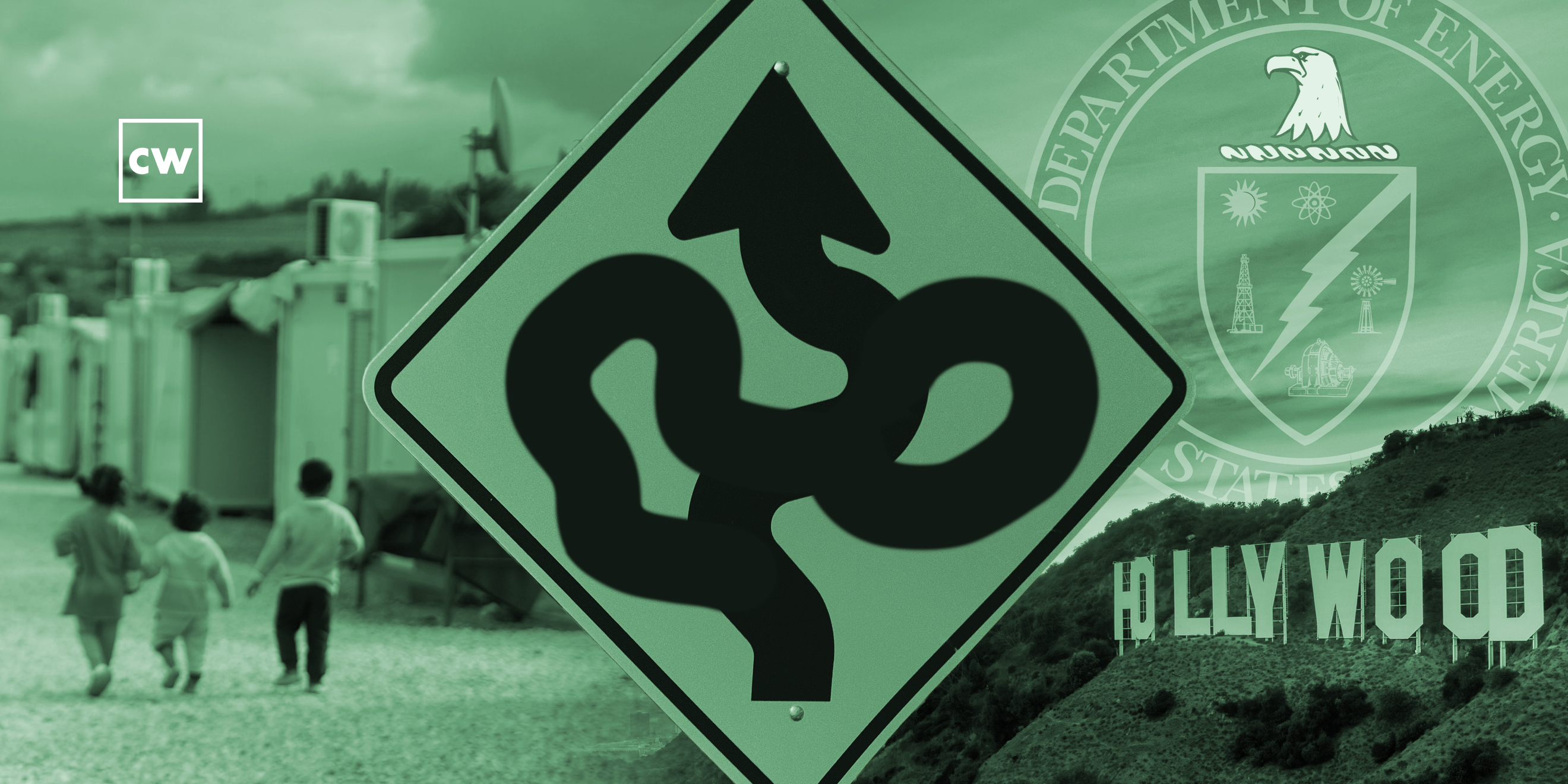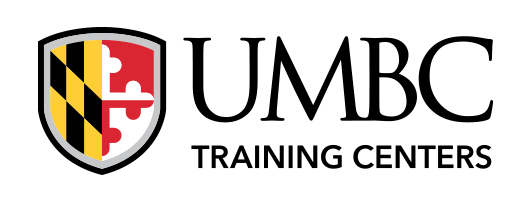
Greg Bell: Answer the question of "why?" [Open Source]
Greg Bell: My name is Greg Bell and I'm the Co-founder and Chief Strategy Officer for Corelight, an open source cybersecurity company.
Greg Bell: Well, I was lucky to belong to that generation of kids who grew up programming computers. And so early on, I think by the time I was eight or nine, I was spending possibly an unhealthy amount of time programming. But now at this much later stage in my life, in some ways I'm returning to those things that brought me a lot of joy when I was a kid,
Greg Bell: My career is pretty much all twists and turns, which I really like. You know, some people like consistency and predictability, but, um, for me, that actually kind of makes me unhappy and I like change and learning curves. And so I did a lot of different things before I settled into a technical career.
Greg Bell: I worked in human rights. I worked in refugee resettlement. I worked for Amnesty International. I had a little Hollywood detour. I got a PhD at UC Berkeley where I wrote on the history of conspiracy belief. And then ultimately, back when sort of at a point in my life when my kids were in school and I really needed to get into a career that would pay well and help support the family, I pivoted back into that technical work.
Greg Bell: I focus now in my work, on our connection with the open source communities that sustain us. Our company is an open source company so it exists in symbiotic relationship with, um, open-source software communities. And so I'm working every day on sort of the, the puzzle of how to engage those communities, how to inspire them and energize them and how to build the business model of Corelight around those communities.
Greg Bell: If I'm at a cocktail party or at a, at where people just don't want to hear too much about what I do, I will often say that our company builds kind of like security cameras for network traffic. And that we're a mission-based company. That we have an idea for ourselves that's bigger than just commercial success, but we want to defend institutions that matter, you know, educational institutions, financial, communication institutions. And we have a mission kind of like the Department of Energy, where I used to work had a mission to accelerate scientific discovery. I work for a company now that has a similar mission and a global sense of global ambition.
Greg Bell: We want to change the world. But we also want to improve the world. And I think that helps us build a culture that attracts really interesting, loyal employees who are excited to get up even on a bad day, excited to get up and work to support the mission that we're advancing and creates a kind of meaning for folks who work in the company, a kind, it answers the question of why. And I think that's what mission organizations do for most people. So maybe that's why I'm attracted to them. And we're trying to build it one here as well
Greg Bell: For early career people, I always say that great mentorship is really important and working for great organizations is important. So in those earliest jobs, jobs in your twenties, it's important to soak in the culture and the norms of great organizations. And I mean, universities, nonprofits, great mission-oriented companies. And having really good bosses who can help you challenge you and help you advance quickly. And I would almost recommend choosing those jobs with regard to the mentor and the organization more than the pay or the title or anything else, because that kind of early imprint is so critical.
Greg Bell: With all of the multiple overlapping layers of pain in our world at the moment, one of them for young people is just the pain of not knowing how their lives are going to unfold and what their career choices ought to be. And I guess I experienced some of that, but I think it's really acute for kids right now, people earlier in their careers. And I just, I guess I wish I could say to myself back then, don't, don't worry, relax a little and enjoy what's happening, the skills that you're learning now, and the lessons that you're learning will be valuable and important in ways that you can't anticipate. So don't worry about not having it all figured out. And so, um, expect surprise, uh, and don't expect to have it all figured out when you're 22 or I'm I'm, you know, in my early fifties, I don't have it all figured out and it's a good thing I don't so take delight in that..
